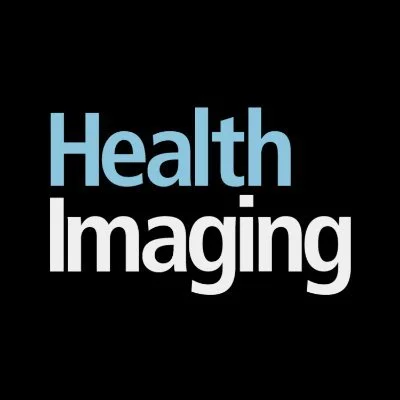
AI systems detect twice as many incidental breast lesions on routine CT scans as radiologists.
Key Details
- 1AI algorithms identified twice the number of incidental breast lesions compared to radiologists.
- 2Incidental breast lesions are detected on up to 8% of CT scans including the chest, potentially higher.
- 3Up to 70% of these incidental lesions turn out to be cancerous, highlighting the importance of early detection.
- 4Challenges for radiologists include lower spatial and contrast resolution of CT compared to mammography and MRI, and lesion location or incidental nature.
- 5Findings are from a new paper published in Current Problems in Diagnostic Radiology.
Why It Matters
Early and more frequent detection of incidental breast cancers on routine CT has significant potential to improve patient outcomes. Increasing AI support in imaging workflows could address current blind spots and enhance secondary cancer detection, reducing missed diagnoses.

Source
Health Imaging
Related News

•AuntMinnie
Deep Learning AI Outperforms Radiologists in Detecting ENE on CT
A deep learning tool, DeepENE, exceeded radiologist performance in identifying lymph node extranodal extension in head and neck cancers using preoperative CT scans.

•Radiology Business
Patients Favor AI in Imaging Diagnostics, Hesitate on Triage Use
Survey finds most patients support AI in diagnostic imaging but are reluctant about its use in triage decisions.

•Radiology Business
FDA Clears Multi-Disease AI Screening Platform for CT Imaging
HeartLung Corporation's AI-CVD platform receives FDA clearance to detect multiple diseases from a single CT scan.